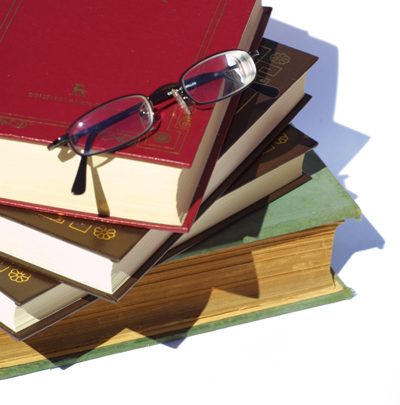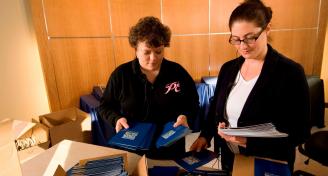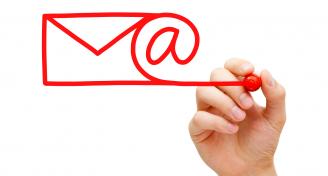Remember Your Lessons When Planning Events
 It’s the back to school time of year, and although we are no longer students sitting in a classroom raising our hands and waiting to be called on, we should still keep our favorite subjects in mind when planning an event.
It’s the back to school time of year, and although we are no longer students sitting in a classroom raising our hands and waiting to be called on, we should still keep our favorite subjects in mind when planning an event.
History
Every event can be treated as a learning experience, so it is very important to keep a history of your past events. By keeping a record of previous programs, you will have access to what worked well that you would like to repeat, in addition to what didn’t work so well. A complete event history will also be one of your strongest negotiating tools when planning the event again the following year or in a new city. Hotels are interested not only in your room and food and beverage revenue – the ‘ancillary revenue’ potential is also of key interest. This represents the revenue they may earn from laundry services, room services, restaurants, lounges, shops, etc. Armed with a complete history report from the hotel that hosted your last program, you will be able to negotiate the best possible deal with your next hotel or venue. It is also important to gather feedback from your attendees through program evaluations so you can measure the program against your pre-set objectives.
Math
Although it’s often a dreaded subject, doing your math can save a lot of money. Whether you are planning an event for 20 people or 2000 people, cost savings can be realized if you take the time to do a little research and a lot of homework. For example, it may be worth spending some extra money in a specific area if that is what will be most noticed by your guests. It’s also important to be savvy with your money when determining your budget. Seemingly small cost savings techniques can often go a long way. For example, make sure you ask the hotel what their overset rate is for your food and beverage functions. Hotels usually overset by 2% - 5%, so be sure to take this into consideration when giving the hotel your guarantees.
Reading and Writing
Effectively communicating the details of your event can often make or break it. If you do not properly communicate with your guests, as well as with others involved in the planning of your event, numerous problems may arise. When writing, it is also important to remember that spelling counts and even one typo can leave a negative lasting impression. Be sure to have a co-worker or team member proofread all materials sent out to program attendees to avoid problems. Also, make sure to read carefully and pay attention to details when reviewing contracts and other similar documents that will affect the overall success of your event.
Science
Like every good scientist, you also need to do your research. Research becomes necessary from the moment you begin planning and remains important throughout the entire event. In the early stages of planning, research the company’s values to get a good understanding of the event audience, as knowledge of both of these factors will lead to a more successful event. Make it a priority of yours to thoroughly research venue options to be sure that you are getting the best value for your program. Discover the mood of the event so that you are able to pick décor that complements the message that you are trying to convey. Keep in mind that while event planning is an art form, it is also a science!
Image courtesy of picaland




